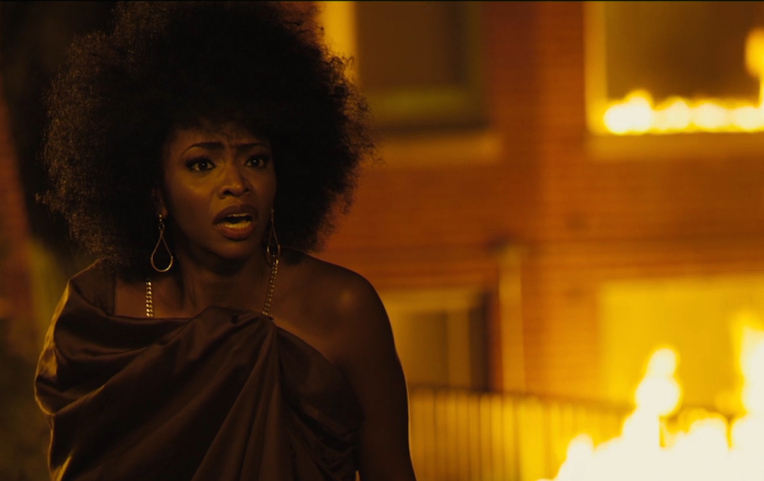Imagine Lysistrata—the classical play you probably read in Greek Lit class —but in the hood. In this fictional but all-too-real version of Southside, Chicago, the women of Chi-Raq, lead by Lysistrata (Teyonah Parris), opt to withhold sex as a negotiating method to force an end to the gang related violence their men engage in. Lysistrata is… Continue reading Chi-Raq (2015)
Naked Music Monday: Caty’s Top 5 Sex Worker Songs of 2015
2015 was a year in which hip hop and R+B continued to produce excellent soundtracks for the hustle. Here’s my shortlist of the cream of that crop, in no particular order: Trap Queen-Fetty Wap Fetty Wap’s infectious “Trap Queen” was technically first released in 2014 online and independently, but only really blew up this year… Continue reading Naked Music Monday: Caty’s Top 5 Sex Worker Songs of 2015
Daniel Holtzclaw, Black Women, And The Myth of Police Protection
Content warning: this piece contains general discussion of rape. On his 29th birthday, December 10th, former Oklahoma City Police officer Daniel Holtzclaw, who targeted low income, criminalized Black women and girls for sexual assault while on duty, was found guilty of 18 of the 36 charges brought against him. He now faces up to 263… Continue reading Daniel Holtzclaw, Black Women, And The Myth of Police Protection
What Media Coverage of James Deen’s Assaults Means For Sex Workers
Content warning: this piece contains general discussion of rape. I got a call from a reporter from Mother Jones the other day, her voice nervous. She was one of the many journalists who called the sex worker health clinic I work at, St. James Infirmary, looking for comments about the public sexual assault accusations made… Continue reading What Media Coverage of James Deen’s Assaults Means For Sex Workers
When Feminism Is A Brand
This piece was originally posted by the author on Medium. Content warning: the links in this post lead to articles detailing the rape and sexual assault of sex workers. We need to talk about the ever increasing number of men like James Deen who utilize feminism as a marketable identity to cover up their abusive… Continue reading When Feminism Is A Brand




